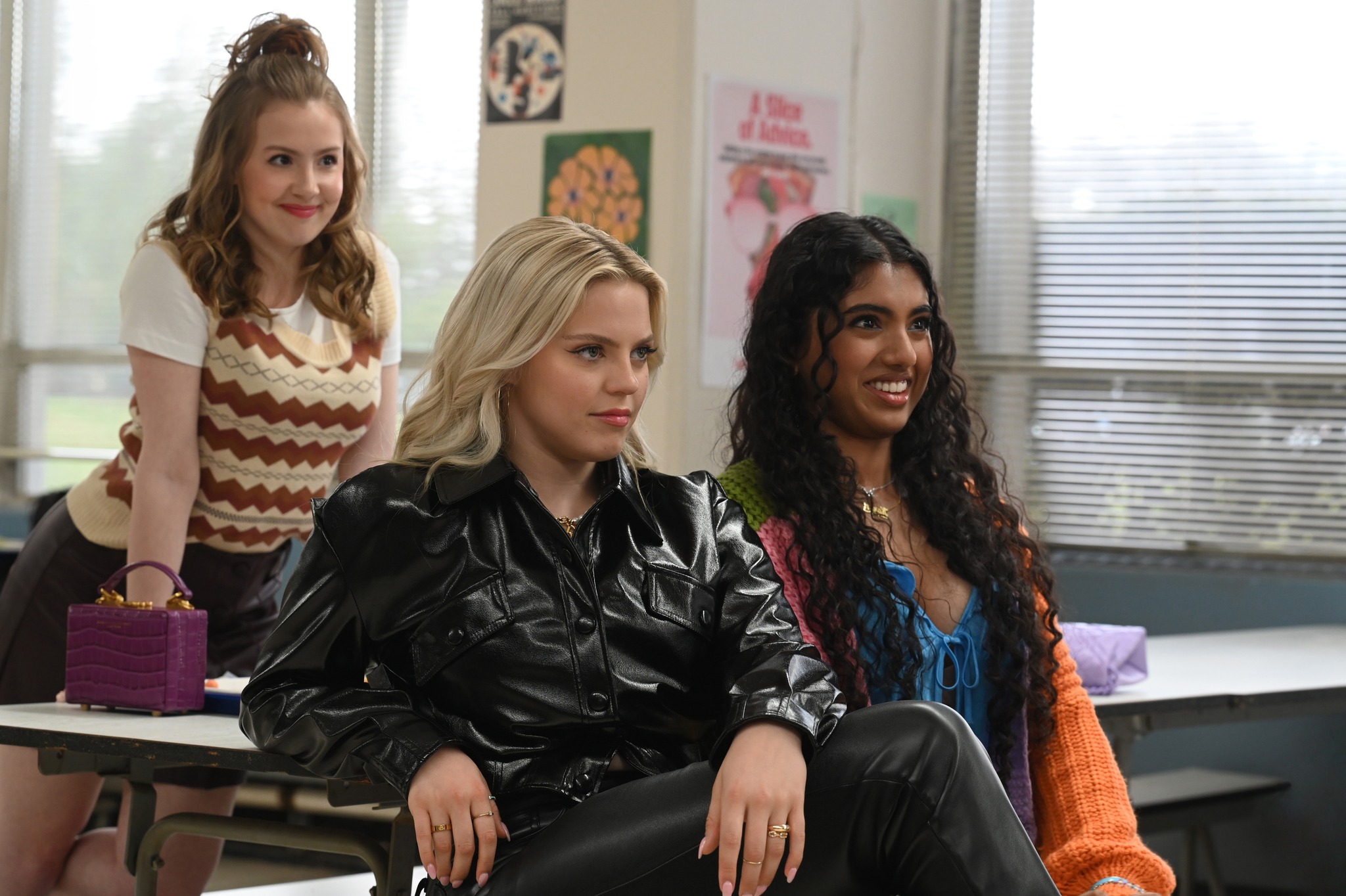
Culture Editor Ash Sutton dives into Hollywood’s increasing reliance on sequels and remakes. Are films like this a source of comfort… or are they a barrier to creativity?
As we look ahead to a boring (in my opinion) year in cinema, one pattern has seemed to emerge: very little is new. Of course there is Ryan Reynolds’ upcoming comedy, IF (2024) – but besides that, everything released seems to be either following, predating or based on something else: 2024 is looking to be another year of sequels, prequels and remakes. It’s a common phrase online that originality is dead. The never-ending tropes and clichés that riddle modern cinema are evidence of that. However, in 2024, the death of originality now seems to be the basis of success.
In 2024, the death of originality now seems to be the basis of success
There’s a strategy that goes into creating remakes and sequels, which makes it easy for a movie to do well. In producing these sequels, directors and writers are playing to an existing audience – meaning that no matter what they do, a group of people will always be watching. Even in the case of Madame Web (2024), a movie that has by every means flopped, Marvel fans were still flocking to the pictures: whether to revel in the failure or in the hopes that a beloved character would finally have a successful on-screen presence. If you consider the fact this film also gives the audience a slight and far-fetched, insight into Mary and Richard Parker as we see them in at the start of The Amazing Spider-Man (2012), as well as the fact that Spidey fans are drooling over any extra content Sony can provide, then it starts to make sense how a film that was objectively terrible can still earn $97.5 million worldwide.

An industry that was once known for letting creative voices shine has now begun to lack in this respect
Human nature suggests that one finds comfort in familiarity, hence why we can rewatch the same old movie until we can quote the script by heart, but as we get to a point where familiarity is all we see, audience fatigue is bound to set in. An industry that was once known for letting creative voices shine has now begun to lack in this respect – and has fallen onto the capitalist conveyor belt. As I have mentioned, it’s near-impossible to be original in today’s industry, so instead of fighting for a new story that may be too risky to succeed, filmmakers are falling back on sequels and remakes: on taking characters that we already know and love and just placing them in a new world. Or, in some cases, changing the actors and placing them in the same world… with song! I mock, but Mean Girls (2024) is the epitome of 2024’s problem with remakes: the blockbuster that kicked off the year has re-sold the 2004 rom-com of the same name almost word-for-word. In its marketing, maybe due to embarrassment, 2024’s Mean Girls failed to admit that not only was it a reboot of a film we love but was also a movie based off the musical based off the movie they were rebooting. Are you still following?
I don’t think there will ever be a time where film lovers won’t pine for a sequel to a movie they love, a point that has been proven by the 13-year wait for Avatar: The Way of Water (2022) and the hype that has been kicked up for Kung Fu Panda 4 (2024). However, I believe there should be a balance between the known and the new – and this year, the scale is tipping heavily towards the former.
If you enjoyed this feature, why not check out these other excellent articles from Redbrick Film:
Redbrick Attends: Wicked Little Letters Premiere | Redbrick Film
Saltburn: Not ‘Eat the Rich’, but ‘Eat the Richer’ | Redbrick Film
To Mourn and Revive Birmingham’s ‘Electric’ – The UK’s Oldest Cinema | Redbrick Film

Comments